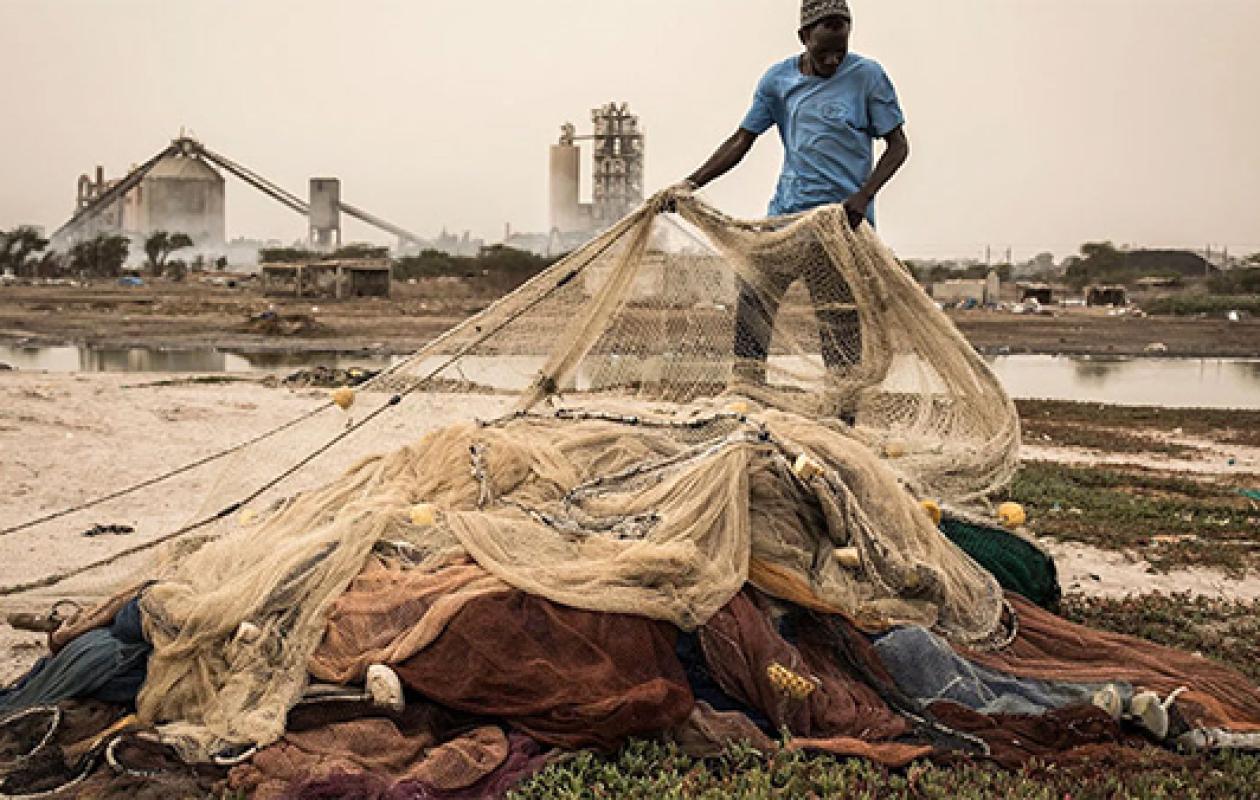
Pêche artisanale : Le Ghana montre la voie, le Sénégal interpellé
This reform, hailed as an act of good governance, has generated considerable interest in the sub-region, particularly in Senegal, where fishing plays a central role in the economy and food security. Several Senegalese media outlets (Seneweb, "Le Soleil", "Lii Quotidien", IGFM, etc.) have covered this initiative, considering it a model to follow.
In a joint statement, the National Union of Artisanal Fishermen of Senegal (UNAPAS) and the Platform of Artisanal Fishing Actors of Senegal (PAPAS) welcomed Ghana's decision while calling on the Senegalese authorities to follow suit.
"It is time for the authorities to respect the commitments they made during past election campaigns by pushing boats back 12 miles as promised," said Macoumba Dièye, president of UNAPAS.
Mamadou Sarr, president of PAPAS, echoes the same sentiment, insisting: "Artisanal fishermen and coastal communities must be protected and supported to continue to feed the population and contribute to national food sovereignty."
Senegalese law 2015-18 on the Fishing Code has been under review for over two years. UNAPAS and PAPAS emphasize that expanding the zone reserved for artisanal fishing from 6 to 12 miles must be a priority for this reform. They also call for an audit of the Senegalese fishing flag and the publication of its results; new measures to protect fisheries resources; and better representation of artisanal fishing stakeholders in the revision of the code.
The contrast is striking: in Ghana, only three months passed between the announcement of the reform, its adoption by Parliament, and its promulgation by the president. In Senegal, discussions drag on, while pressure on fisheries resources worsens.
Fishermen's organizations urgently need the government to move from words to action and restrict industrial vessels beyond 12 miles. Only such a decision would help pull the sector out of the crisis it is going through and restore hope to the thousands of families who make a living from artisanal fishing, from Saint-Louis to Cap Skirring.
Commentaires (2)
Ils pêchent n'importe comment et n'importe où, ils polluent la mer en y jetant des filets, des plastiques, ....
Il faut vraiment former nos pêcheurs à respecter leur outil de travail.
Participer à la Discussion
Règles de la communauté :
💡 Astuce : Utilisez des emojis depuis votre téléphone ou le module emoji ci-dessous. Cliquez sur GIF pour ajouter un GIF animé. Collez un lien X/Twitter ou TikTok pour l'afficher automatiquement.